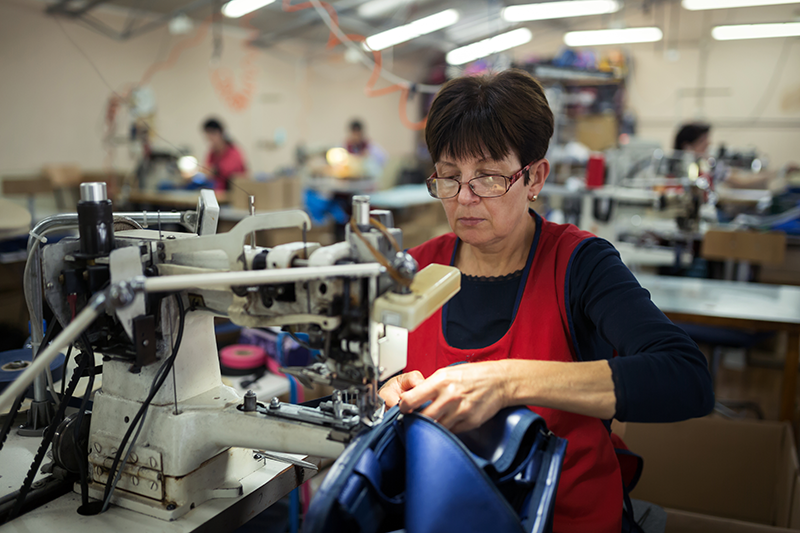
Relațiile de muncă
Sindicatele, organizațiile patronale și autoritățile publice joacă un rol important în guvernanța relațiilor de muncă. Acestea reprezintă componente interconectate într-un sistem care funcționează la nivel european, național, sectorial, regional și la nivel de întreprindere. În ultimii ani, pe măsură ce tehnologia și formele de muncă au evoluat într-un mediu economic în continuă schimbare, sistemele de relații de muncă s-au confruntat cu provocări majore.
În acest context, în 2015 Comisia Europeană a lansat un „nou început” pentru dialogul social european. Într-o declarație comună din iunie 2016, Comisia, Consiliul Uniunii Europene și partenerii sociali au subliniat rolul fundamental al dialogului social în calitate de componentă importantă în elaborarea politicilor sociale și de ocupareîn UE.
- Comisia Europeană: Declarație comună privind „un nou început pentru dialogul social”









































